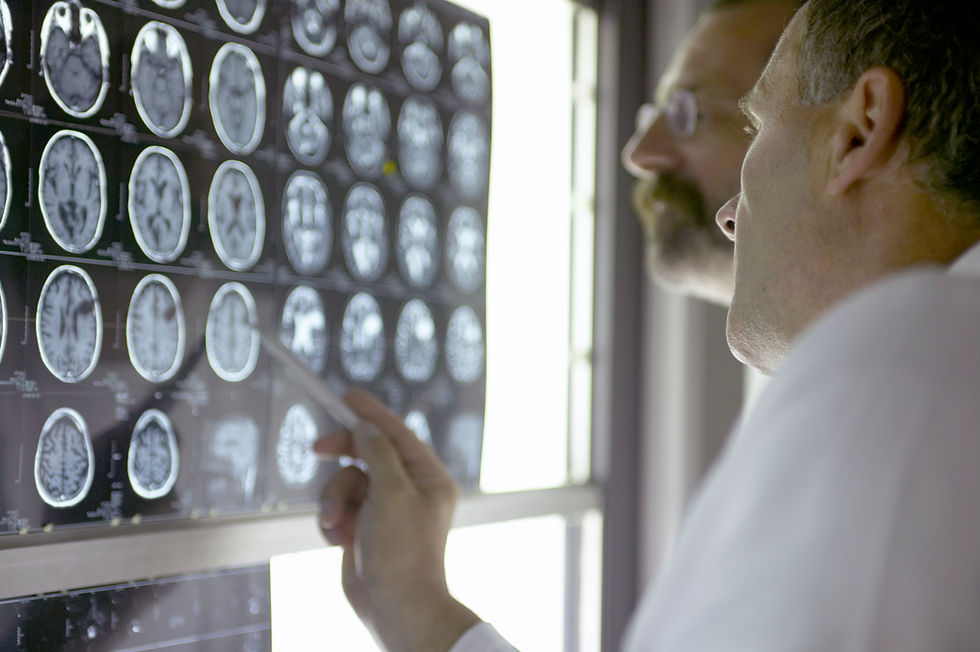

How to Shift Your Cravings from Sweet to Savory: Strategies for Healthier Eating and Reduced Sugar Intake
How to Shift Your Cravings from Sweet to Savory: Strategies for Healthier Eating and Reduced Sugar Intake


Seed Oils 101: Separating Fact from Fiction for Optimal Health
Seed Oils 101: Separating Fact from Fiction for Optimal Health


Achieve Beautiful, Personalized Results with Aesthetic Treatments
See how the Aesthetic Loft providers take a personalized approach to help you achieve your aesthetic goals in a way that works for your body, your skin, and your lifestyle.












Comments